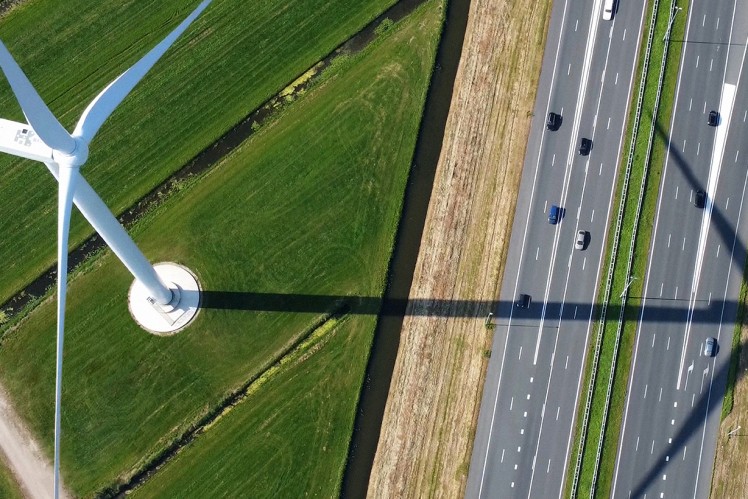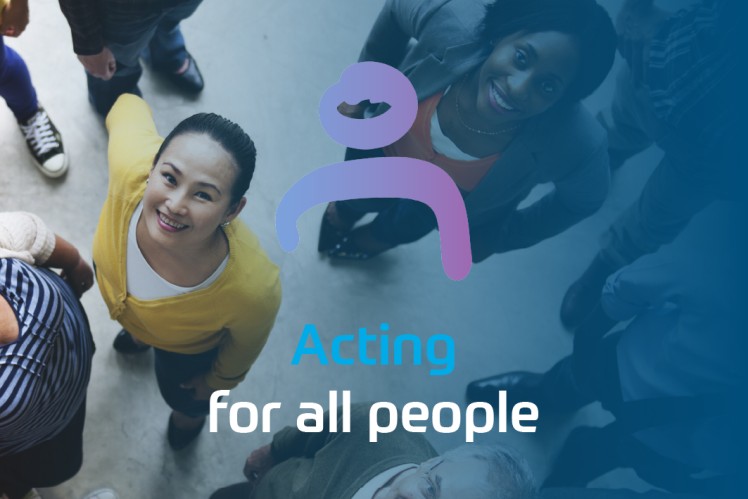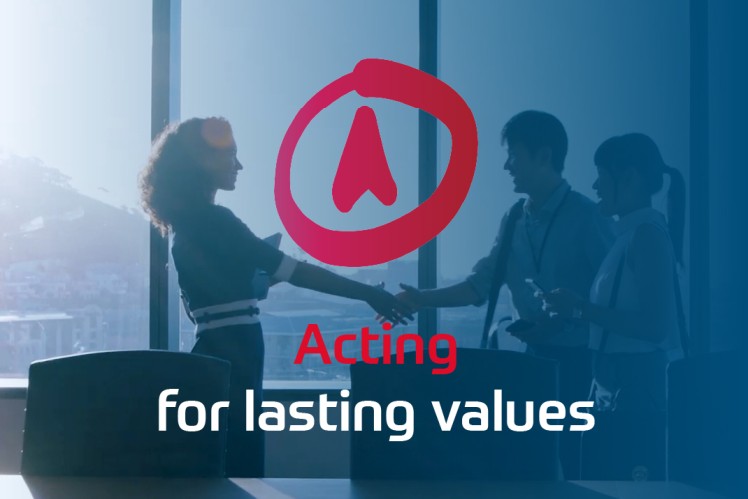
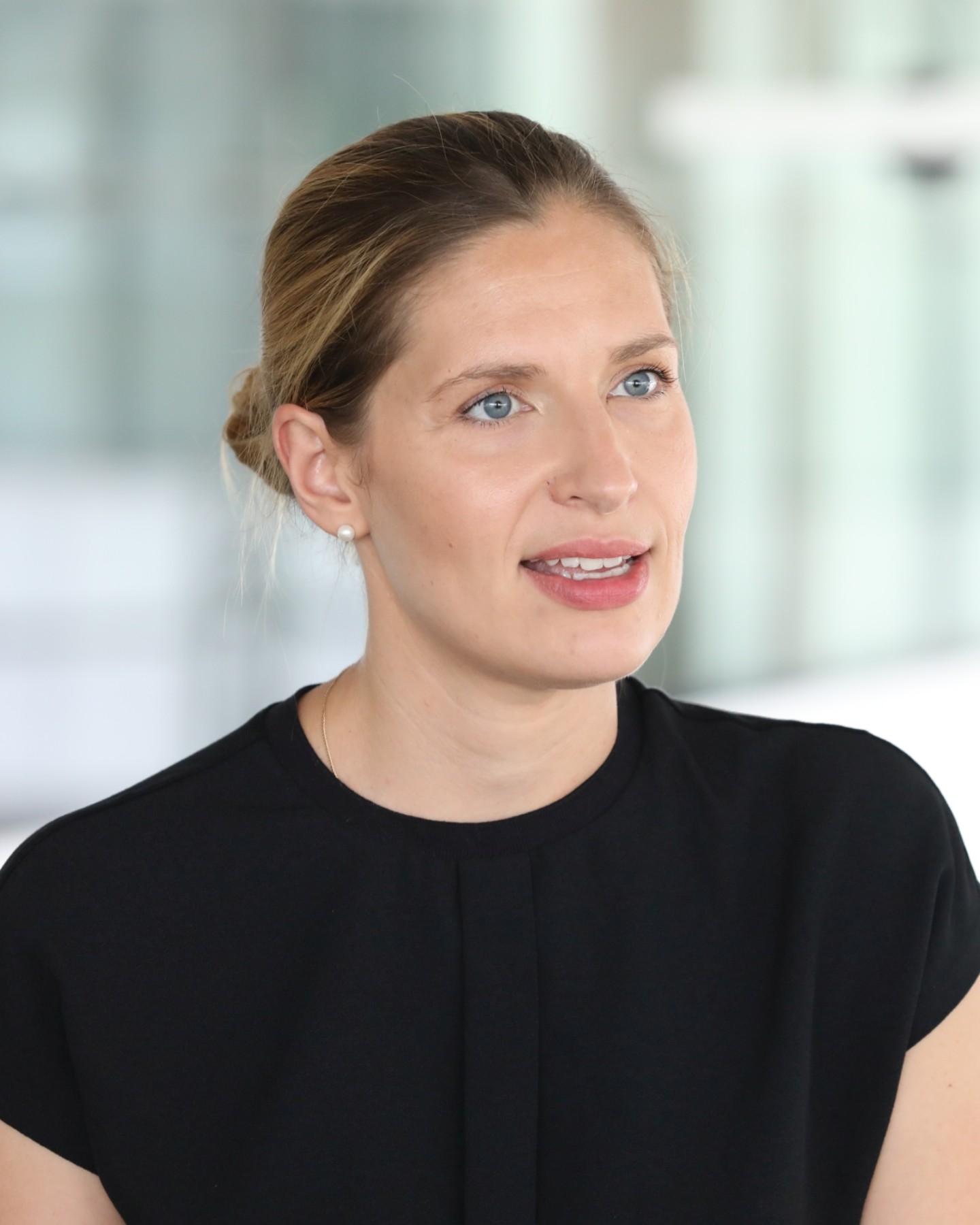
Managing Human Rights Professionally
Sustainable business includes adhering to human rights. ZF is also liable for its suppliers – worldwide. Jasmina Brancazio, Human Rights Officer at ZF, discuses the current status of protective measures and challenges.
Jasmina Brancazio became the Human Rights Officer at ZF on January 1, 2023. In this newly created function, the graduate political scientist is responsible for the company's strategy and all measures to protect human rights. In this interview she provides details of what is being done to protect human rights along with some important legal obligations. Jasmina Brancazio became the Human Rights Officer at ZF on January 1, 2023. In this newly created function, the graduate political scientist is responsible for the company's strategy and all measures to protect human rights.
What is the significance of human rights for ZF?
The respect for human rights along the entire value chain is the foundation on which we build our sustainable business. Such respect has always been a given for ZF. However, ZF's accession to the UN Global Compact in April 2012 systematized efforts and increased transparency. In summer 2012, ZF introduced the "Sustainability Management Supply Chain." In addition, monitoring was implemented to identify negative reports on CSR topics of our suppliers.
What is ZF doing to ensure human rights in the Group and at its suppliers?
Our own Code of Conduct and the version for our suppliers (Business Partner Principles) oblige everyone to guarantee human rights without exception. ZF also carefully selects and evaluates its suppliers and service providers. In this way, we ensure that they have the same or similar standards for human rights and social responsibility as we do. This also includes preventive measures such as training...
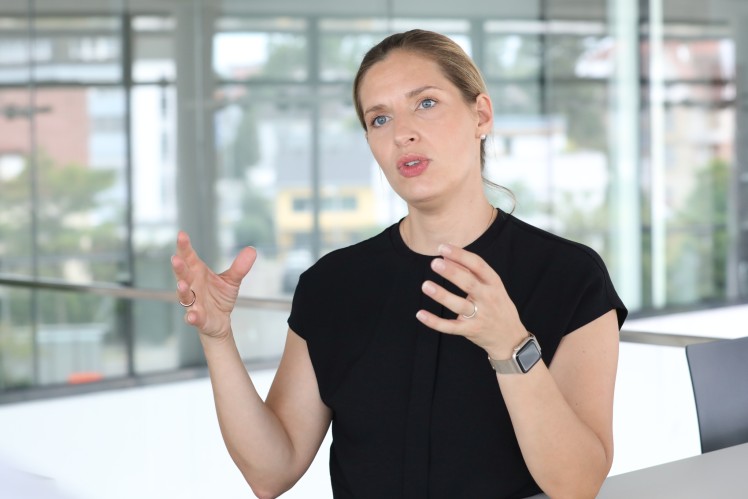
... which isn't enough though?
No, it isn't. Our ZF TrustLine whistleblowing system makes an important contribution to safeguarding human rights. We set it up more than a decade ago. It is open to employees and external individuals to report possible human rights violations without fear of reprisal. However, all of this is just a selection of the measures we are adopting.
What exactly makes your task so tricky?
Complying with human rights standards is a complex task, especially when a company operates globally, as we do. ZF operates in countries with different legal frameworks and cultural circumstances. We must also work continuously to improve our practices and demonstrate our efforts to external audiences. This is part of the human rights due diligence process at ZF.
ZF is currently revising its existing Business Partner Principles. Where will improvements be made and what are the reasons for these?
It is mainly about the wording. Our previous Business Partner Principles include all the obligations. In the new version, we are revising the section on human rights, especially with regard to the linguistic and legal requirements of the German Supply Chain Due Diligence Act (LkSG). The focus in the Business Partner Principles remains the same. It is about much more than just human rights. What will be new, however, is our so-called Policy Statement on Respect for Human Rights and corresponding Environmental Standards. This document explicitly deals with our principles of human rights due diligence and is also currently being revised.
The German Supply Chain Due Diligence Act came into force on January 1, 2023. How difficult was and is it for ZF to fulfill the requirements enshrined in this legislation?
The German Supply Chain Due Diligence Act obliges German companies to prevent and reduce human rights violations and environmental impacts along their entire supply chain. This is of course a major challenge for ZF with its 168 production locations worldwide and more than 60,000 suppliers. The different legal frameworks and social conditions prevailing in the various countries are the key issues. But our aim is to maintain our ZF standard everywhere.
How can this be done?
We analyze our supply chain and all locations. It is about identifying potential risks for human rights violations and environmental damage. Depending on the risk, we then define measures to ensure that action is taken in accordance with the ZF standard everywhere. This involves additional costs and administrative effort, as well as potentially new processes and monitoring systems into which we incorporate the issue of 'human rights'. There are also training courses for our employees and for suppliers. It is a process whereby we constantly review, learn and develop.
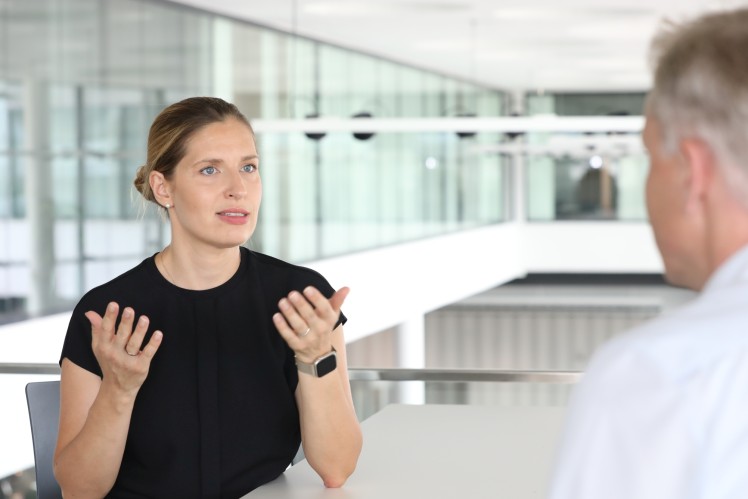
The EU Corporate Sustainability Due Diligence Directive may come into force later this year. What does this mean for ZF?
For companies operating in and outside the European Union, the EU Corporate Sustainability Due Diligence Directive imposes comprehensive due diligence obligations on their suppliers and business partners. In contrast to the German Supply Chain Due Diligence Act, the EU Directive will expand the circle of companies affected by this legislation, introduce turnover thresholds and also cover smaller businesses. We assume that ZF already fulfills most of the upcoming obligations.

